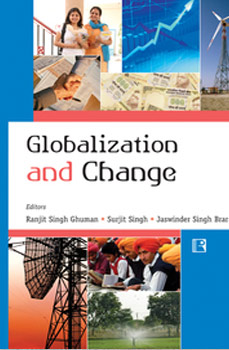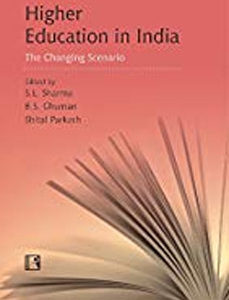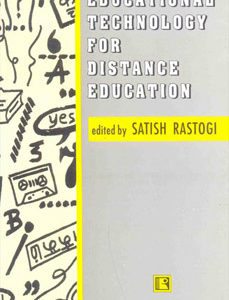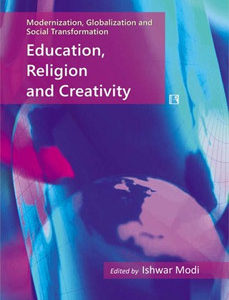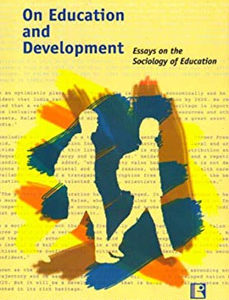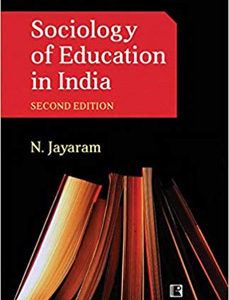GLOBALIZATION AND CHANGE: Perspectives from Punjab (Essays in Honour of Prof. S.S. Gill)
₹995.00 Original price was: ₹995.00.₹796.00Current price is: ₹796.00.
25 in stock
Globalization is a repulsive word of ambiguous meaning coined in the 1960s that came into ever-greater fashion in the 1990s. For most of its proponents, it is an irresistible and desirable force sweeping away frontiers, liberating individuals and enriching all its touches, whereas for a large number of its opponents, it is no less an irresistible force, but totally undesirable. However, globalization is today seen as a new grand narrative of the social sciences. It is as an inevitable force, transforming all aspects of contemporary society, politics and economy.
The present volume looks at some important issues concerning the impact of globalization in the context of an Indian state of Punjab. The major questions addressed relate to labour, agriculture, rural-urban inequalities, natural resources, housing and movement of international labour and its role in local economy. The issues of governance and the role of the state are also analyzed. Some papers have tried to touch upon the sensitive issue of terrorism as it did affect the social fabric of the state and its subsequent economic progress. The collection of papers in this volume, thus, captures diversity of issues that reflect on the globalization and its consequences, which are both positive and negative. Integration of regional economies like Punjab into globalizing national economies is a hard task and policy prescriptions have to be judicious. It is hoped that issues raised in the volume would generate a debate and attract attention to the concerns put to the fore.
| Author's Name | Ranjit Singh Ghuman, Surjit Singh and Jaswinder Singh Brar (Eds.) |
|---|---|
| Binding | |
| Release Year | |
| Language | |
| Publisher |
Related products
Education
Education

